Samson Occom (1723–1792) was a prominent Mohegan missionary who ministered to New England Indians. This year is the 300th anniversary of his birth.
Occom was the son of Joshua Tomacham and his wife Sarah of New London, Connecticut. A member of the Mohegan Nation, he was descended from Uncas, a Mohegan chief. (James Fenimore Cooper fictionally used Uncas as a Mohican Indian in his novel “The Last of the Mohicans.”)
When he was around 16 or 17, Occom was converted during the Great Awakening. He wrote in his autobiography that he found “salvation through Jesus Christ, and was enabled to put my trust in Him alone. … I found serenity and pleasure of soul, in serving God.”
He studied theology for four years at Moor’s Indian Charity School’s Latin school, founded by Eleazar Wheelock, a Congregational minister. He learned to read and speak Latin, Greek and Hebrew.
In 1749 he became a teacher, preacher and judge among the Montaukett in Montauk, Long Island. He married Mary Fowler, a Montaukett woman. They had ten children.
Evangelist
He was ordained as a Presbyterian minister in 1759. For two years, he traveled to New York to evangelize the Oneidas. He made converts and mediated conflicts between colonists and Native Americans.
When Occom returned to the Mohegan, Wheelock persuaded him to travel to England to raise funds for his charity school. Wheelock agreed to look after his family. Occom sailed to England in December 1765 and returned in May 1768. Upon arriving, he accompanied evangelist George Whitefield to meet the Earl of Dartmouth, who contributed 50 guineas. He met John Newton, pastor and writer of “Amazing Grace,” and preached to King George III, who contributed 200 pounds for the school. Occom was extremely popular throughout Great Britain. He preached about 400 sermons and drew large crowds. Portraits were made of him. He was a celebrity.
Misfortunes
However, when Occom returned to the colonies with the 12,000 pounds for Wheelock, he found his wife and children in poverty. Wheelock had not kept his promise to look after them. Wheelock also used the money raised by Occom for the education of colonists instead of for Native Americans attending his charity school.
Occom’s misfortunes did not stop. When the missionary opposed the sale of Indian lands, Wheelock and some colonists spread rumors that Occom was an alcoholic. Ironically, Occom preached temperance sermons.
After securing lands for a multi-tribal Indian settlement in Brothertown, New York, he died there in 1792. More than 300 Indians attended his funeral.

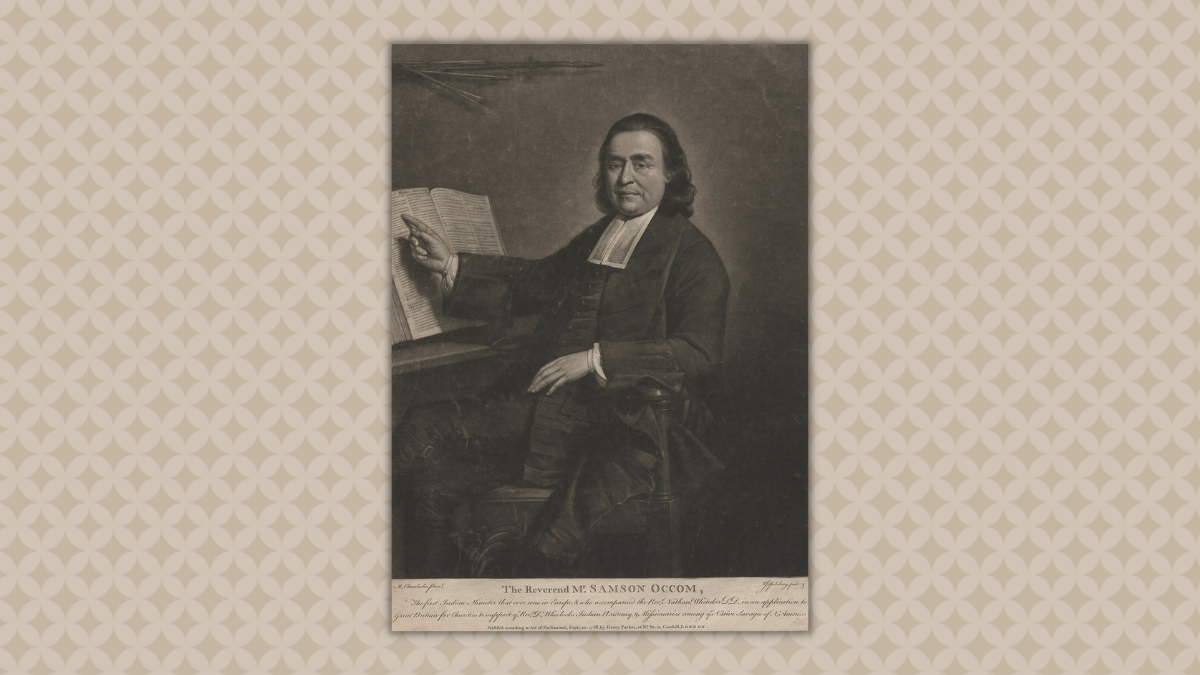
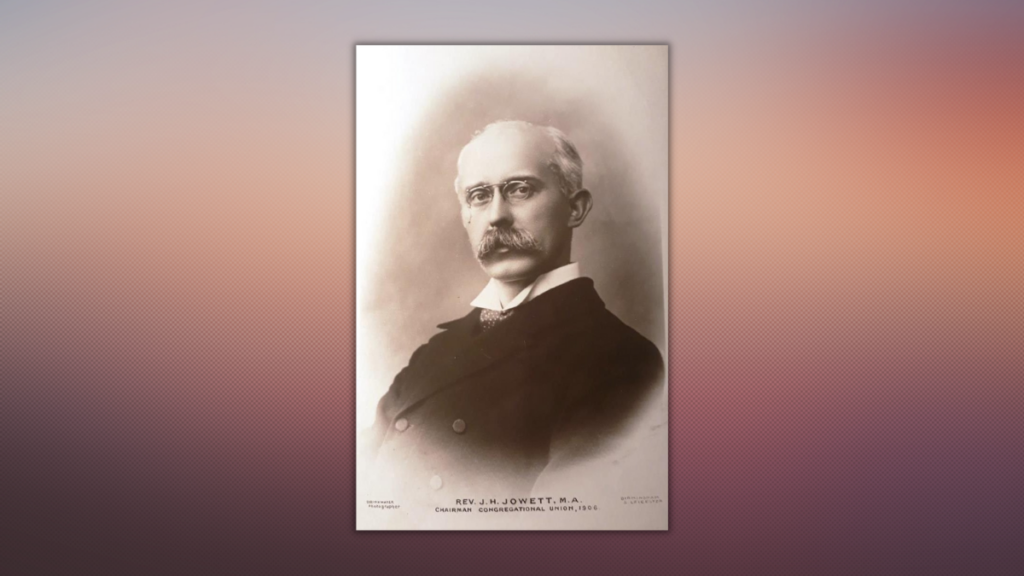
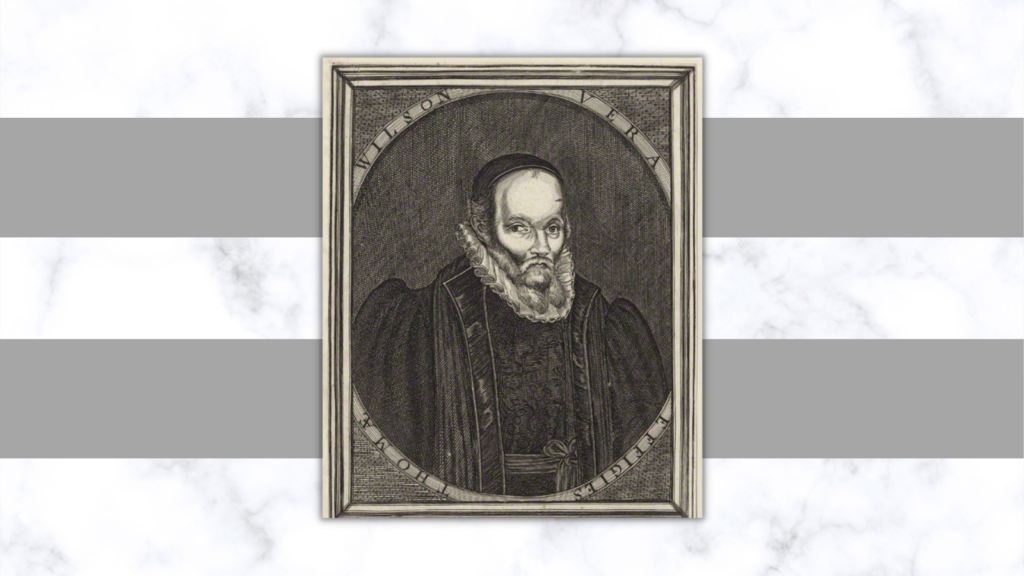
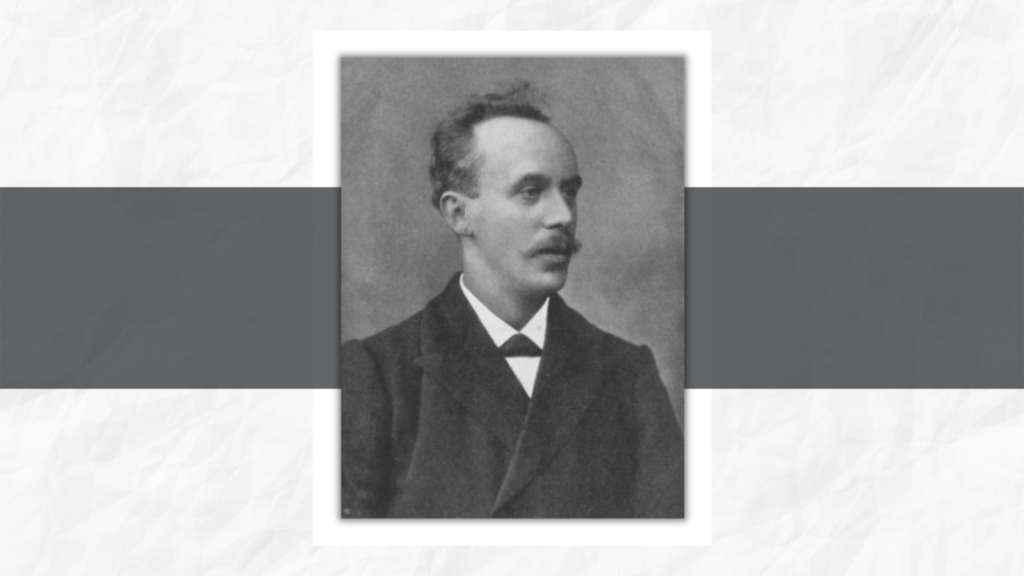
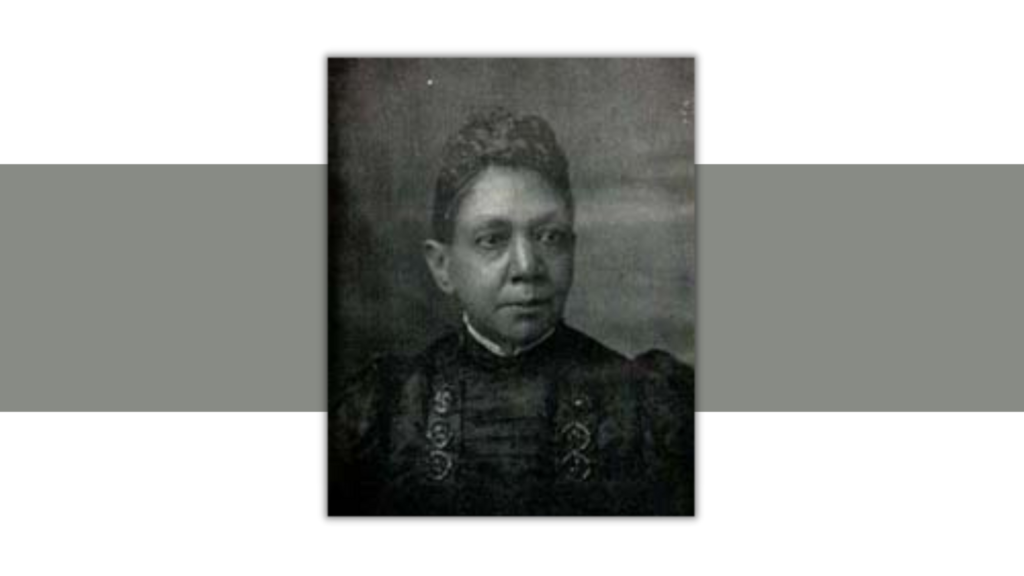
Share with others: